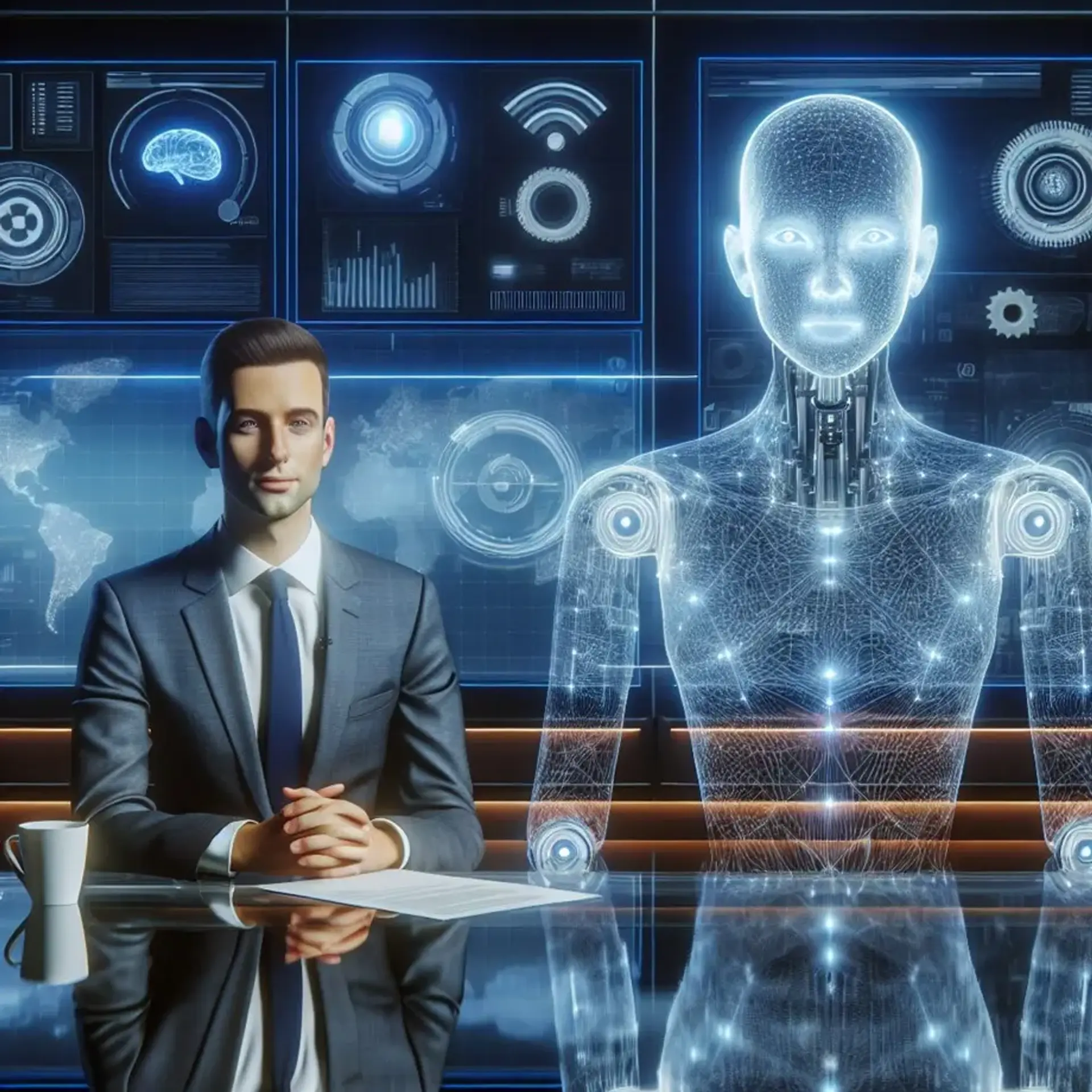The Chief Election Commissioner has raised concerns about the potential impact of AI and deepfakes on the integrity of elections. These technologies can be used to spread disinformation, manipulate voters, and undermine trust in democratic institutions. Machine-readable electoral rolls also present privacy risks.
While the Election Commission is aware of these challenges, its ability to address them is limited by the current legal framework. A 2019 Supreme Court judgement reinforces these constraints. The rapid advancement of AI makes it easier and cheaper to create convincing fake content, increasing the potential for misuse in political campaigns. This could involve deepfake videos or audio clips of candidates, spreading false information about election procedures, or intimidating voters.
To combat these threats, experts suggest implementing authentication protocols, transparency requirements, and media literacy initiatives. Social media platforms, AI developers, and policymakers must work together to strengthen trust and safety protections and establish accountability mechanisms for AI-generated content. Without decisive action, AI-fueled deception could become an enduring feature of political campaigns, eroding the foundation of democratic governance.
Related Articles

AI Video Concerns Increase
Read more about AI Video Concerns Increase →
Grok AI generates explicit content
Read more about Grok AI generates explicit content →
Deepfake Bill Targets AI Abuse
Read more about Deepfake Bill Targets AI Abuse →
Teen Probed Over AI Images
Read more about Teen Probed Over AI Images →
